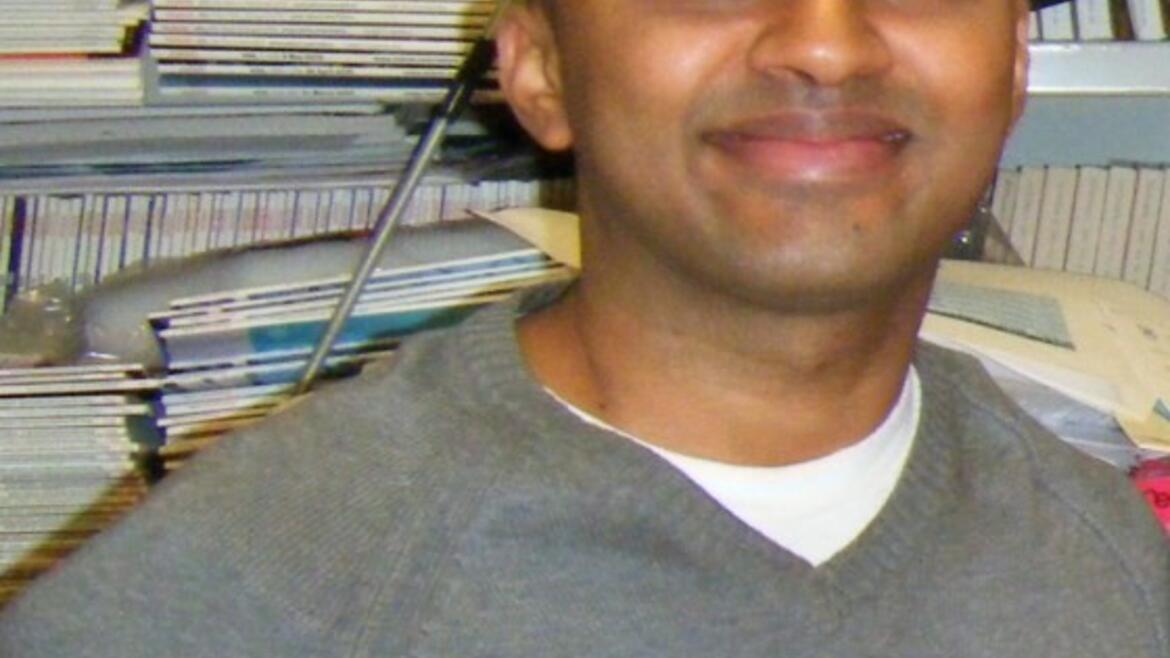Colloquium: Hari Subramanian

Dynamic Self-Assembly of Nucleic Acid Nanotubes
Hari Subramanian, Ph.D.
Postdoctoral Researcher, UC Riverside
Biological systems reconfigure their shape at the level of single cells, tissues, and organs, in response to external stimuli for a variety of purposes such as growth, development, and self-repair. No man-made material has comparable adaptation properties. An attractive route towards such smart materials is offered by nucleic acid nanotechnology: logic and dynamic circuits and a variety of nanostructures have been successfully demonstrated, and they have the capacity to operate together. Our goal is to build a new class of responsive biomaterials where assembly and disassembly of nanostructures is dynamically directed by nucleic acid inputs and circuits, mimicking the cellular organization with programmable components.
Here, we present our results in controlling assembly and breakage of DNA nanotubes built from self-assembling DNA based nanostructural motifs known as ‘double cross-over tiles’. Our design makes it possible to control growth and breakage of the nanotubes reversibly and isothermally using input DNA strands as triggers. Control of assembly is also achieved using RNA transcripts of synthetic gene circuits. We additionally present preliminary data on RNA nanotube system built with similar features. Our results are relevant for the development of responsive biomaterials, active drug delivery systems, and dynamic control of intra-cellular organization.
Hari is currently a postdoctoral researcher at Prof. Elisa Franco’s lab at Mechanical Engineering Department, UC-Riverside. In 2003 he completed a Bachelor’s degree in Chemical Engineering from University of Kerala, India. In 2011 he completed a PhD in Biomolecular Chemistry under Prof. Nadrian Seeman at New York University. His PhD research was on developing a novel nanotechnology platform for medical diagnostic purposes. From 2011 to 2013, Hari was a postdoctoral researcher at Prof. Thomas Tullius’ lab in Dept. of Chemistry at Boston University. There he worked on mapping genome wide DNA damage caused by gamma radiation.